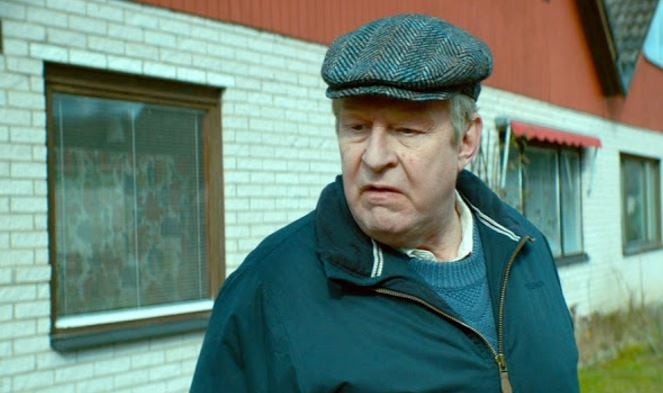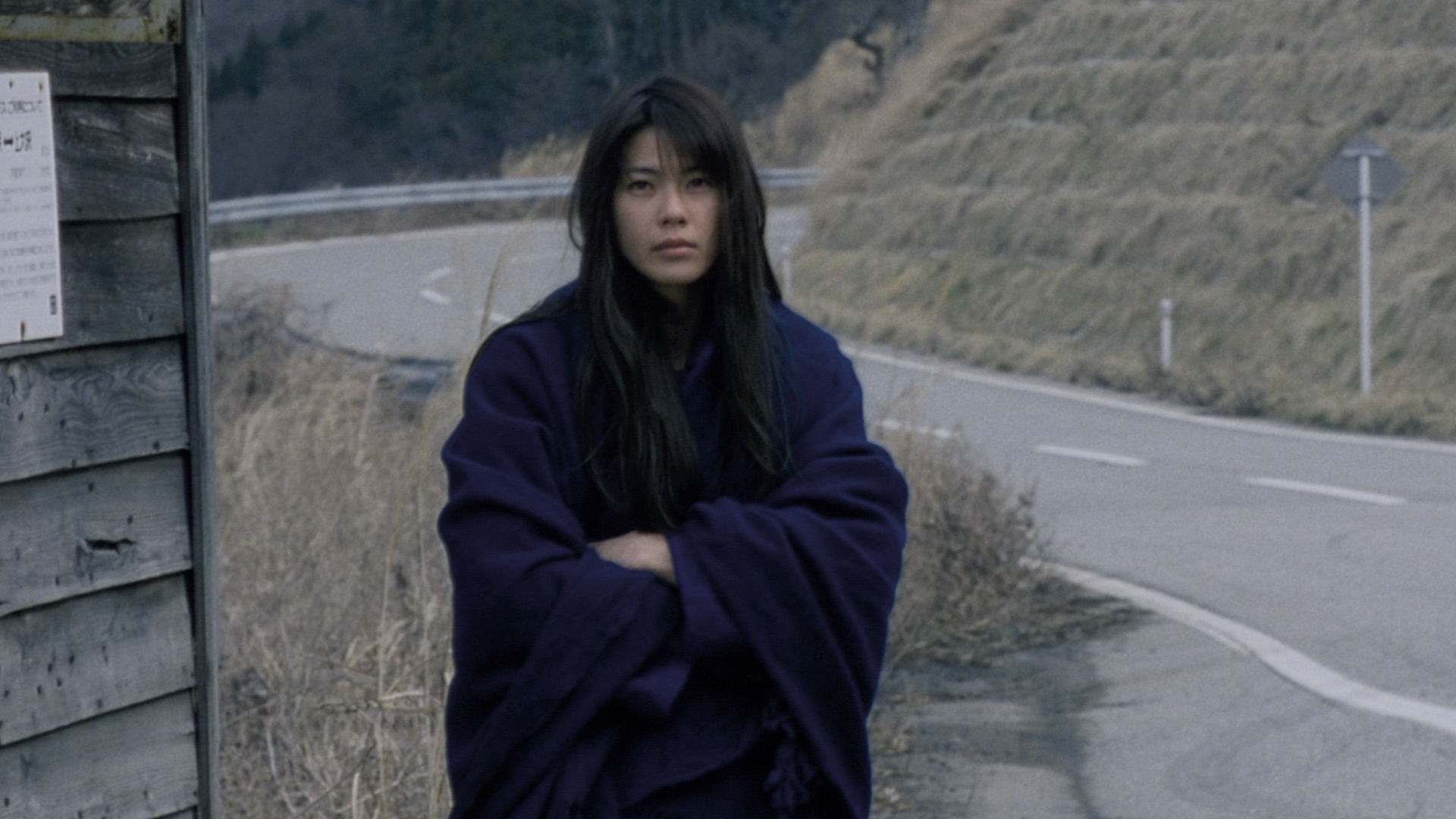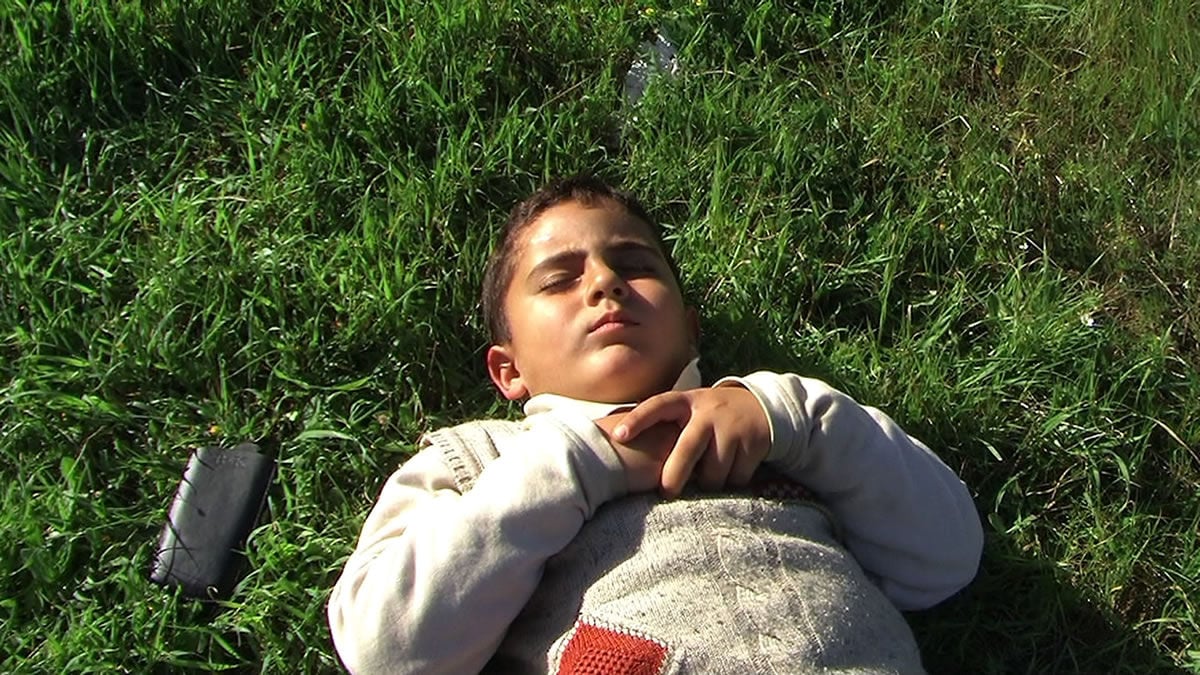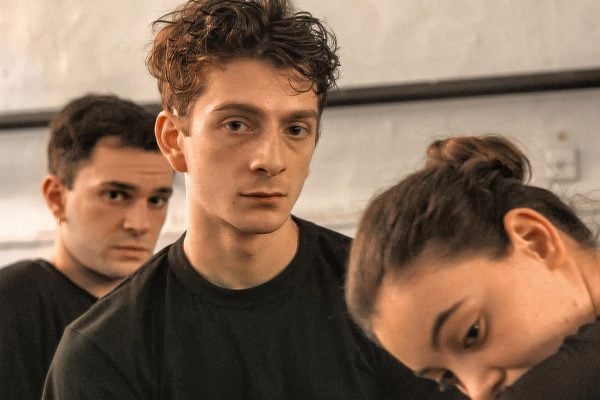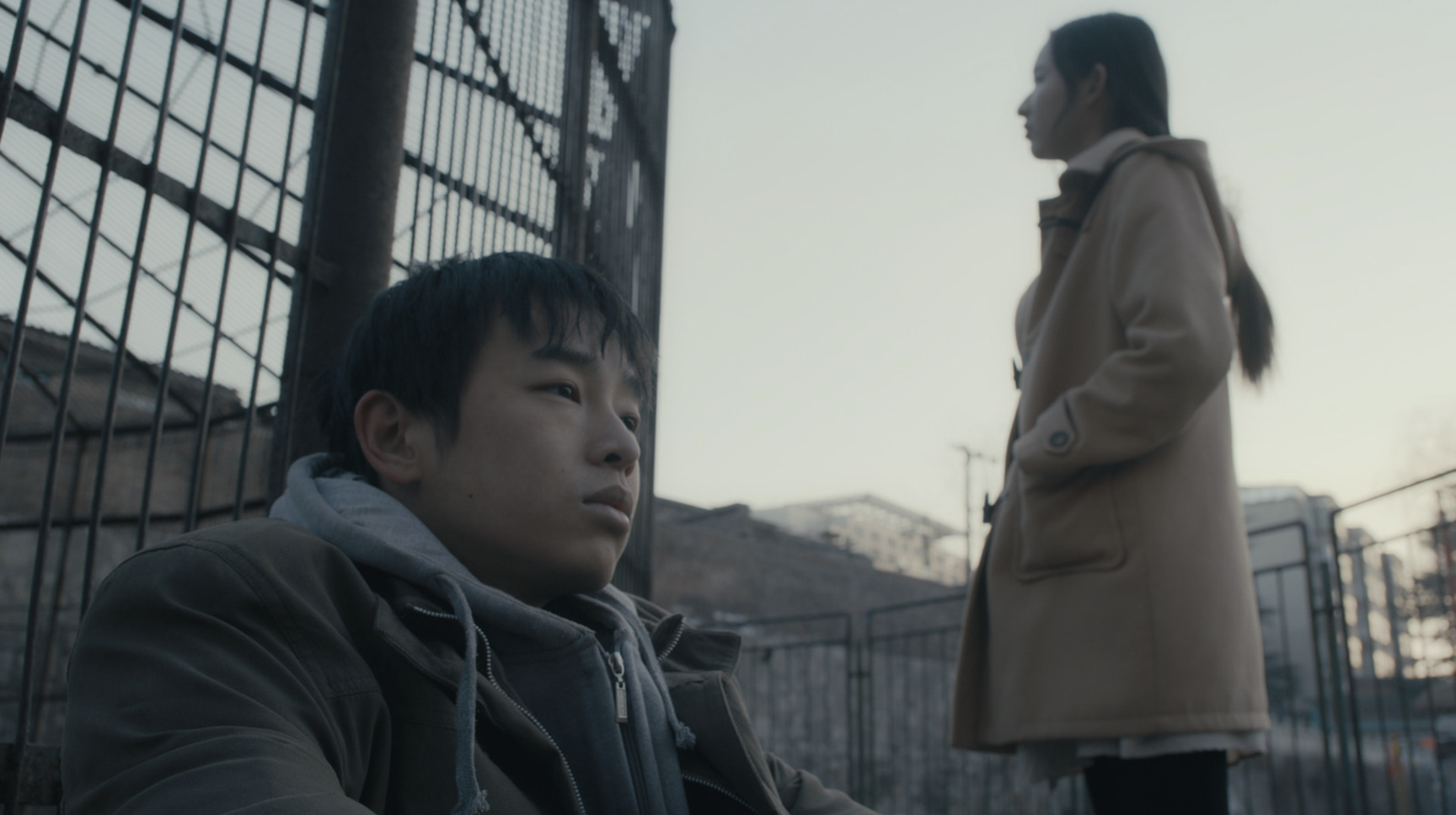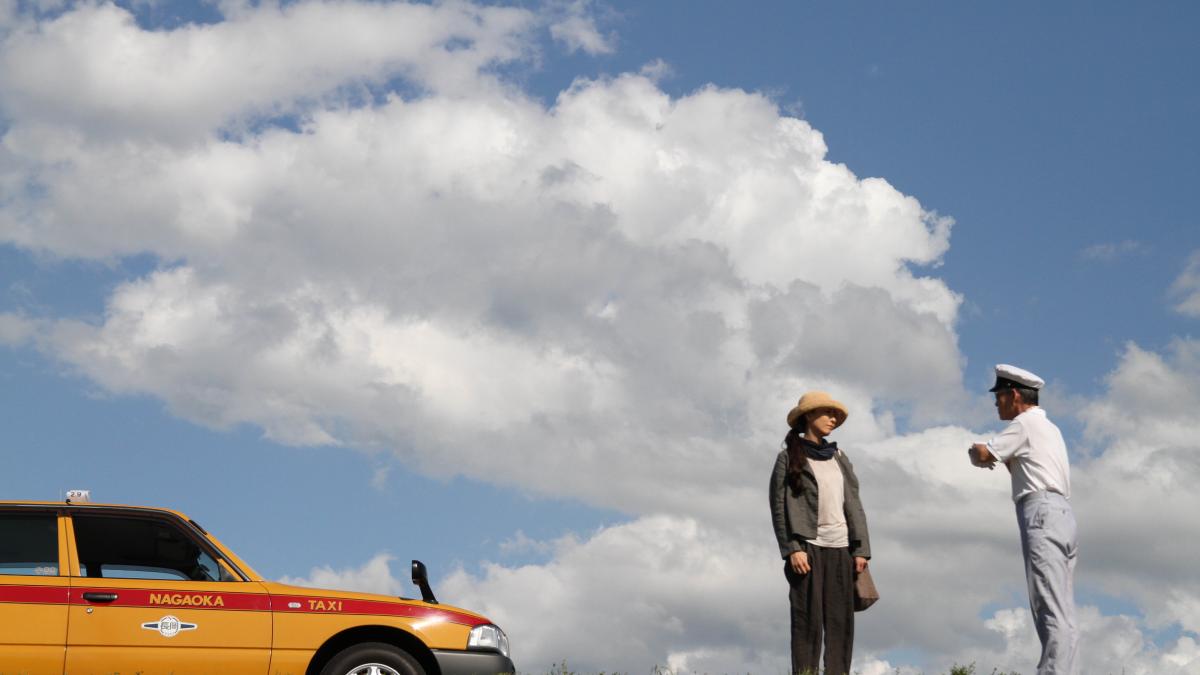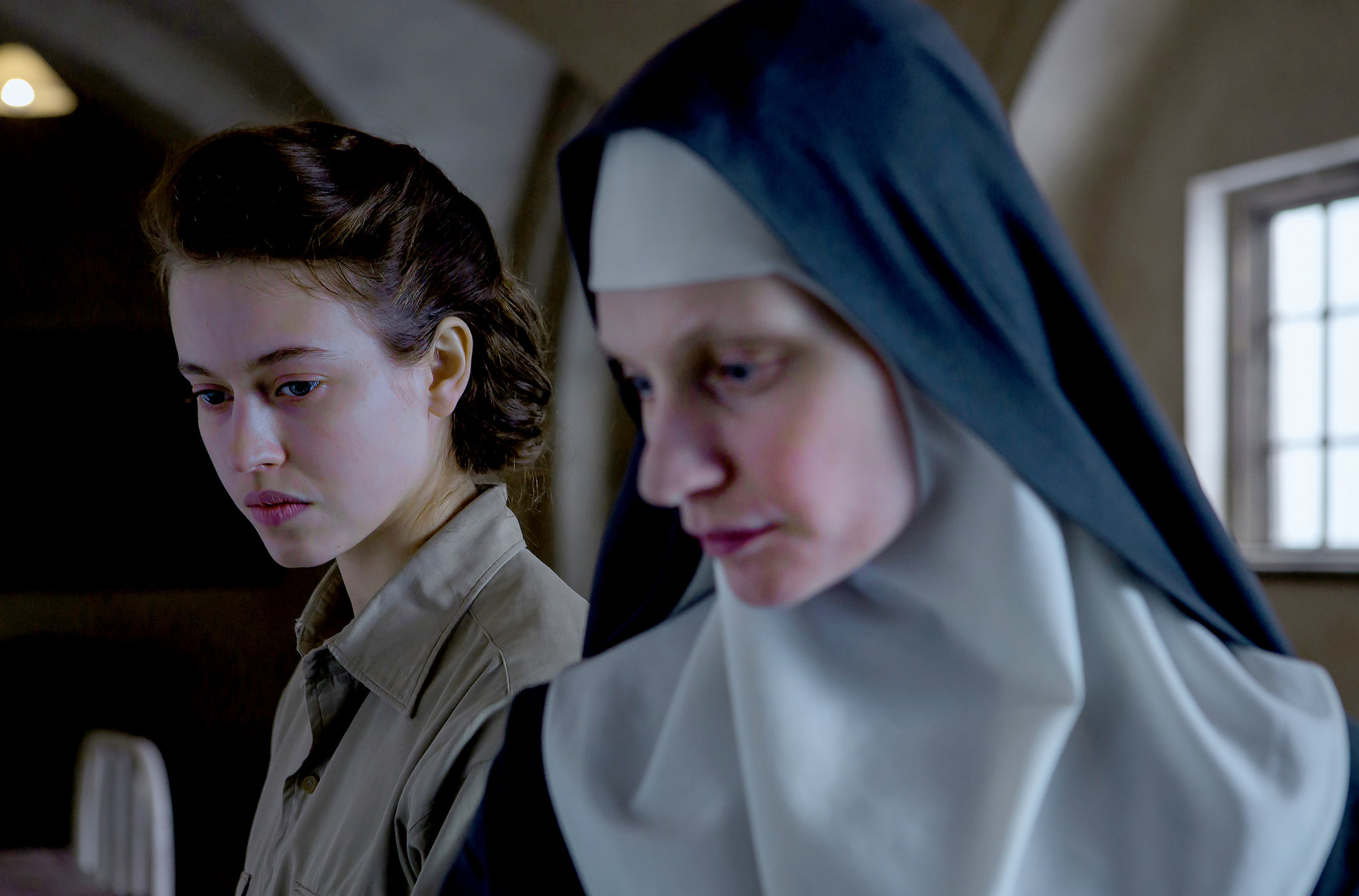
25 Best Foreign Movies on Ovid Right Now
April 15, 2025
Share:
Unless you’re hunting down for it, it can be hard for new viewers to watch quality films from outside the country, especially when major streamers would rather push up major Hollywood blockbusters on the algorithm. But there are certain niche streaming sites that have a good curation, and one such site is OVID.tv. Indie lovers would appreciate its selection for art-house films and documentaries, but OVID’s impressive library also includes some of the best of the best in global cinema. So for viewers wanting to watch something new, here’s some of the best foreign films available to stream on OVID.
Read also:
1. A Man Called Ove (2015)
Genres
Director
Actors
Moods
Based on Fredrick Backman’s 2012 best-selling book of the same name, this Swedish hit comedy-drama introduces us to Ove, an elderly man who feels like his life is over. After losing his wife, the short-fused retiree spends his days grumpily enforcing block association rules in his neighborhood. He is your typical unhappy, old neighbor, somebody you would try to avoid. One new family does not give up and befriends Ove, played by an impeccable Rolf Lassgård, despite his best intentions to put them off. As the plot unfolds, however, you learn more about the story behind the man, and, in classic walk-a-mile-in-his-shoes fashion, start to find him rather loveable. After all, nobody is born grumpy and cynical. Naturally, this is a sweet and sentimental film. But an amazing lead performance and a charming, darkly funny script rescue it from drifting too far off the shore. The result is a wholesome, fun, and thoughtful dramedy with a beautiful message.
2. Summer 1993 (2017)
Genres
Director
Actors
Moods
Summer 1993 charts a formative summer in the life of young Frida (Laia Artigas), a brooding six-year-old who, having just been orphaned by AIDS, is sent from her home in Barcelona to live in the countryside with her uncle (David Verdaguer), his wife (Bruna Cusí), and their little girl (Paula Robles). Catalan director Carla Simón drew on her own childhood experiences for the film, making Summer 1993 feel intimately told. It’s shot from the perspective of its young protagonist and is guided by the unpredictable rhythms of memory: we experience Frida’s new life the way she might remember it when she’s older, via snapshots of moments that stand out to a child, like the day she spent amongst the chickens in a neighbor’s farm or the moment another kid asks her why she isn’t more visibly upset about her mother’s recent death.
That emotional enigmaticness is what makes Artigas’s naturalistic performance so absorbing: she never plays Frida in a predictable dramatic register, so much so that it’s easy to forget we’re not watching a documentary. The unexpected little ways her grief manifests itself — along with Simón’s assured, impressionistic directing — make this a profoundly heart-rending watch throughout, and especially so in its gut-punch of a final scene.
3. Maborosi (1995)
Genres
Director
Actors
Moods
Director Hirokazu Kore-eda’s feature debut is nothing short of a masterpiece, his style of serenity apparent from the get-go. With Kore-eda’s still frames and touching, relatable stories, it’s almost impossible not to find yourself caring for his characters like they are your own family.
In Maborosi, Yumiko (Makiko Esumi) is haunted by one loss after another and struggles to accept these tragedies and move on with her life. Her story is probably the toughest Kore-eda has had to tell, yet there is still a certain beauty to it, especially in its quietness and moody atmosphere. Not forcing any of his characters’ feelings on the audience, Kore-eda manages to tell a harrowing tale in the gentlest of ways.
4. Transit (2018)
Genres
Director
Actors
Moods
Transit is based on a WWII novel — though you wouldn’t be able to tell from first glance. While the characters talk of German fascists occupying France, anachronistic details (like modern technology and clothing) suggest we haven’t gone back in time at all. Director Christian Petzold isn’t trying to confuse us: by blurring the backdrop, he’s making the terror and the desperation of the story more immediate — removing the distance that might have prevented us from really feeling what happens.
The uncanny historical echo effect works as intended, because the parallels Transit subtly draws between the past and today are horribly clear. What’s more, the movie’s intentionally ambiguous framing suffuses the plot with an otherworldly sense of mystery, a quality that gradually intensifies as Georg (Franz Rogowski) desperately searches for a one-way ticket out of hellish bureaucratic limbo before he finds himself waylaid by that most mysterious emotion of all: love. Unshakably haunting and undeniably poignant, this is a movie that will live under your skin.
5. 5 Broken Cameras (2011)
Genres
Director
Actors
Moods
In 2005, Palestinian olive farmer Emad Burnat bought a camera to document the birth of his new son, Jibreel. But what was intended as an act of celebration quickly grew into something else, as Burnat inadvertently became a documentarian of the oppression his West Bank village faced when a wall was erected through it and Palestinian farmland illegally appropriated by Israeli settlers. As we come to witness, this reluctant pivot is just another example of everyday life in Bil’in being forcibly reoriented by the occupation, as Burnat captures the daily struggles of life in the village and charts the innocence-shattering effect the occupation has on young Jibreel’s burgeoning consciousness.
Over his footage of encroaching illegal settlements, the arrests of Palestinian children in the middle of the night, the point-blank shootings of blindfolded and handcuffed peaceful protestors — plus tender snapshots of nature and joyful events in the village — Burnat delivers a poetic, reflective narration that miraculously ties these horrible and hopeful images together. It’s this intimacy of perspective that makes 5 Broken Cameras profoundly harrowing and unexpectedly transcendent — a personal document of oppression that is also a testament to the miraculous persistence of the human spirit, the resilience of life and the urge to seek beauty even under truly awful circumstances.
6. Embrace of the Serpent (2015)
Genres
Director
Actors
Moods
This movie is gentle and utterly chaotic, intimate and massive, beautiful and ugly… it tries to be so many things and somehow pulls it off. It tells two stories parallel in time, based on the real-life diaries of two European scientists who traveled through the Amazon in the early and mid-twentieth century. Their stories are some of the only of accounts of Amazonian tribes in written history. The main character and guide in the movie is a shaman who met them both. At times delicate to the point of almost being able to feel the water, at times utterly apocalyptic and grand… to watch this movie is to take a journey through belief systems, through film… and to be brought along by cinematography that is at times unbelievably and absurdly beautiful. Meditative, violent, jarring, peaceful, luminous, ambitious, artful, heavy handed, graceful… it’s really an incredible film.
7. And Then We Danced (2020)
Genres
Director
Actors
Moods
Georgian dance has cut-throat competition: the art form is dying even within Gerogia, and to make it, dancers compete to join the one duo that represents the country. The chance finally comes and the spot opens up, igniting the hopes of performers from around the country. Mervan is one of them, a young dancer from a poor background who takes food from his restaurant job to feed his family. His main competition is a newcomer, Irakli, who also comes from a difficult background and hopes to secure the spot to provide for his ill father.
When their lives hang on them competing against one another, Mervan and Irakli fall for each other.
And Then We Danced is full of incredible dance sequences that add to the beauty of the romance at its center; but it’s also a heartbreaking exploration of unfulfilled ambition.
8. An Elephant Sitting Still (2018)
Genres
Director
Actors
Moods
Clocking in at just under four hours, Hu Bo’s first and last feature film—before his tragic death at the age of 29—is a sprawling indictment of a country that the filmmaker must have viewed as positively hostile and suffocating. Following several characters whose paths intersect as they try to escape their current circumstances, An Elephant Sitting Still creates a truly oppressive atmosphere that may not lead you to the answers you expect, but it should leave you feeling haunted for a long, long time. Beautifully scored, shot, and acted, Hu’s film offers practically no hope but it keeps on moving with a sense of freedom and determination all its own. This is as honest a film can get; Hu has left behind a moving legacy.
Read also:
9. Rebels of the Neon God (1992)
Genres
Director
Actors
Moods
Slow cinema might be an acquired taste for many viewers, but Tsai Ming-liang’s gorgeous feature debut about Taiwan’s aimless youth should have enough mystery and suspense to draw anybody in. They key, as with many of these films, isn’t to demand that things happen or actions get explained, but to surrender to every possibility and suggestion of what might be motivating these characters beneath the surface. And through patient, perceptive observation, Tsai gives us so much to chew on: the sleeplessness of urban life, the unpredictability of relationships, and most importantly the morality that forms when a disillusioned young man fully embraces his being an outcast.
And if nothing else, Tsai provides us with some of the most beautiful and honest images of city life around. It’s hard to describe, but just the neon-lit arcade halls and dingy hotel rooms are enough to let you into who these characters are. It’s an experience not to be missed.
10. Casting Blossoms to the Sky (2012)
Genres
Director
Actors
Moods
As time goes by, the youth doesn’t recognize how connected they are to previous tragedies, more so when it comes to war. Some even say that they have no part in it. Nobuhiko Obayashi’s later years have been preoccupied in countering this idea. Casting Blossoms to the Sky is the first of Obayashi’s anti-war trilogy, with the film inviting its audience to follow a journalist rediscovering the city of Nagaoka after the 2011 Tohoku earthquake. There’s a certain dreamlike approach to the way the various war stories are weaved together, with vibrant frames, simple CGI, and prominent green screen that grants some distance between the audience and the actual wartime reality, but it’s no less potent as Reiko interviews those that remember the scars of the past, and the rituals, practices, and art they’ve taken up in response. Casting Blossoms is a depressing story about war and disaster, one that is a tough one to watch. But it never forgets the humanity, the kindness and love that allowed Japan to recover, the very qualities we must protect and remember in ourselves.
Comments
Add a comment
Ready to cut the cord?
Here are the 12 cheapest Live TV streaming services for cord-cutting.
More lists
Lists on how to save money by cutting the cord.
Curated by humans, not algorithms.
© 2025 A Good Movie to Watch. Altona Studio, LLC, all rights reserved.
